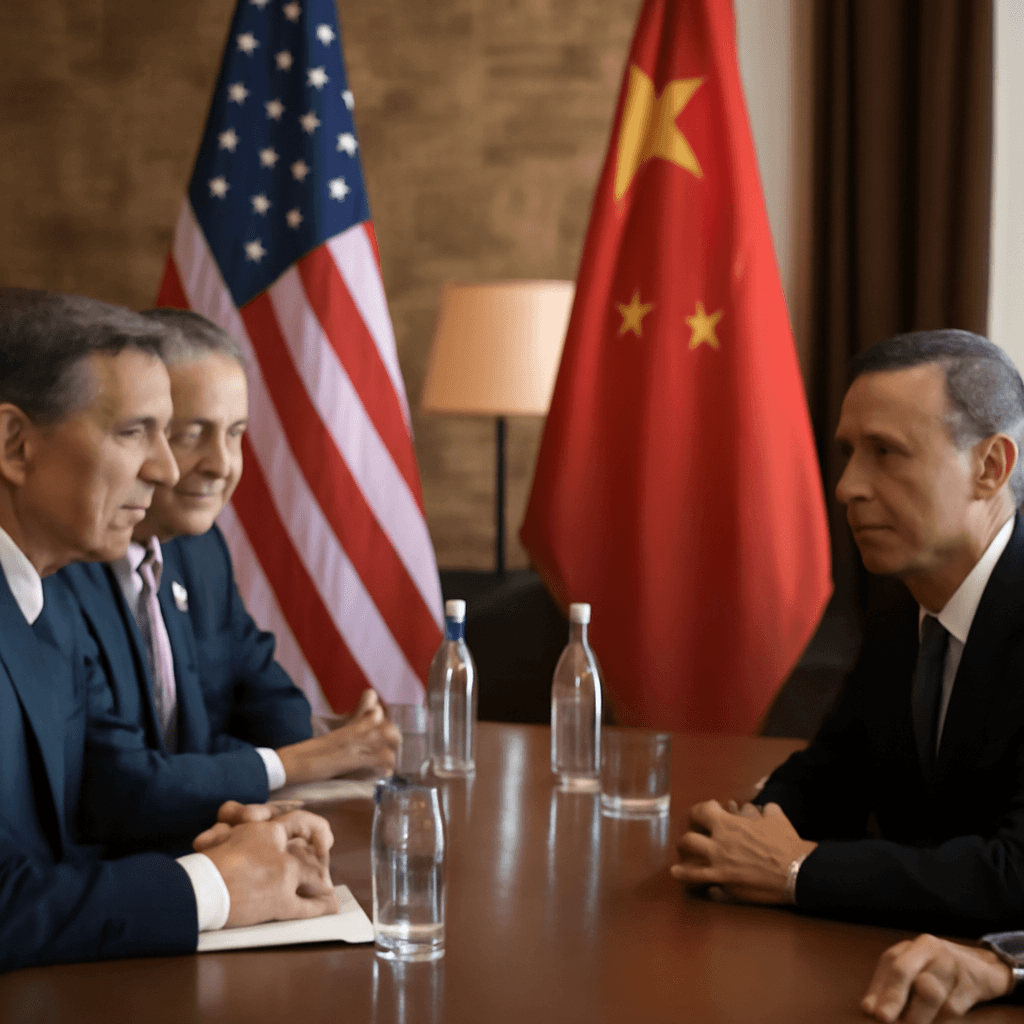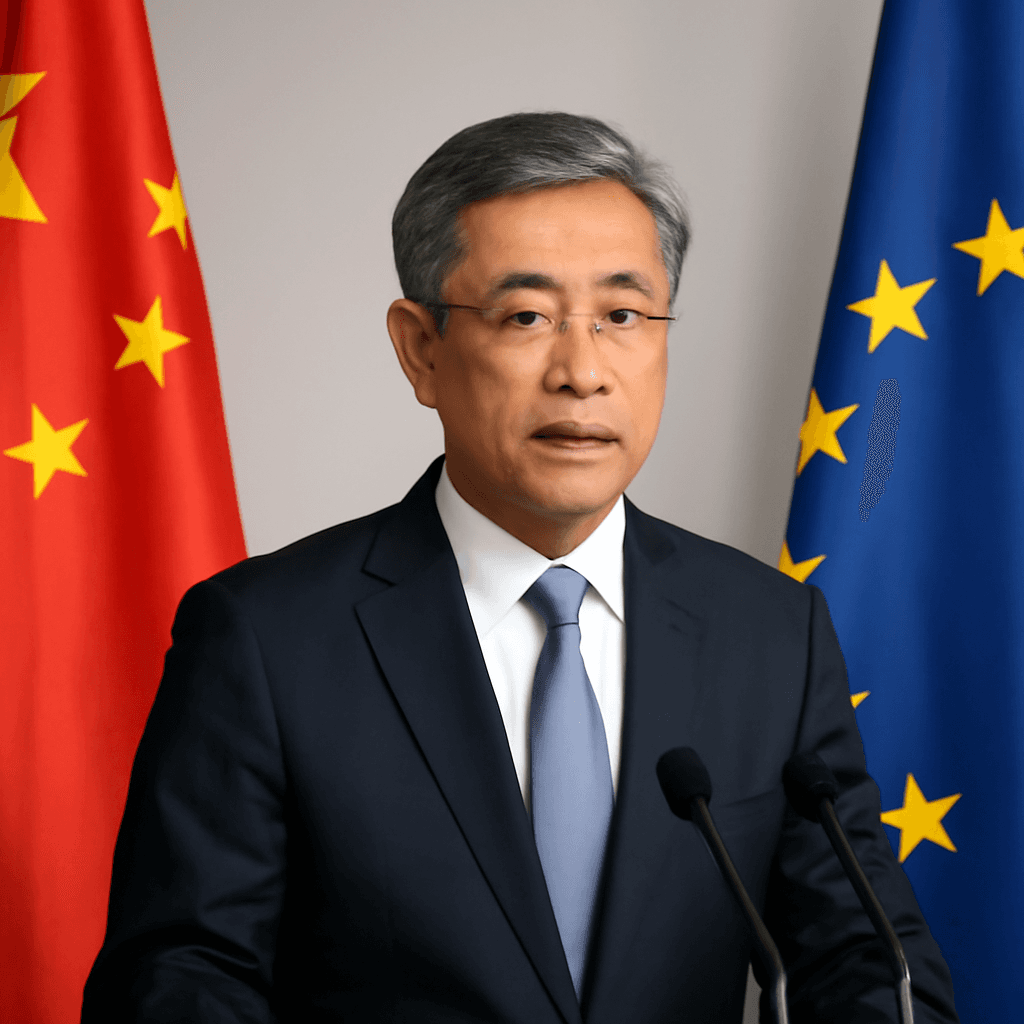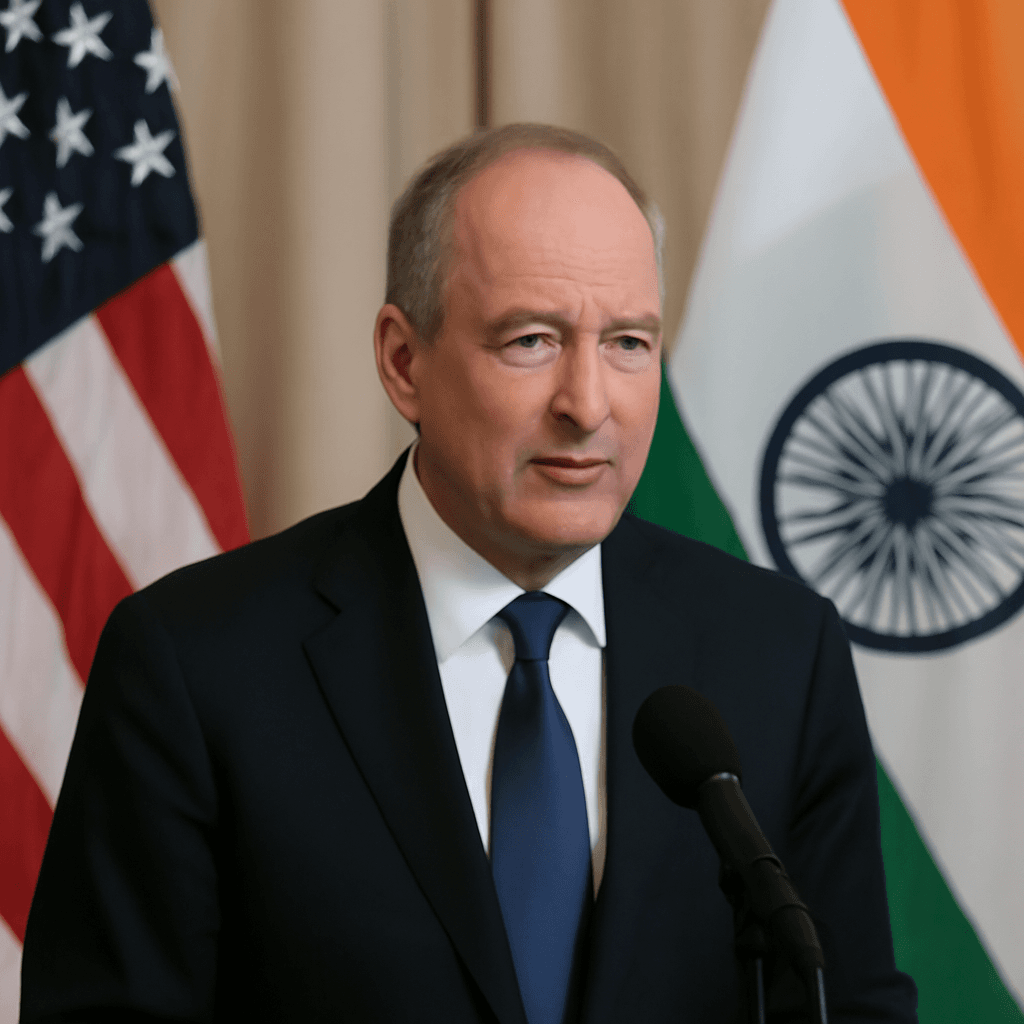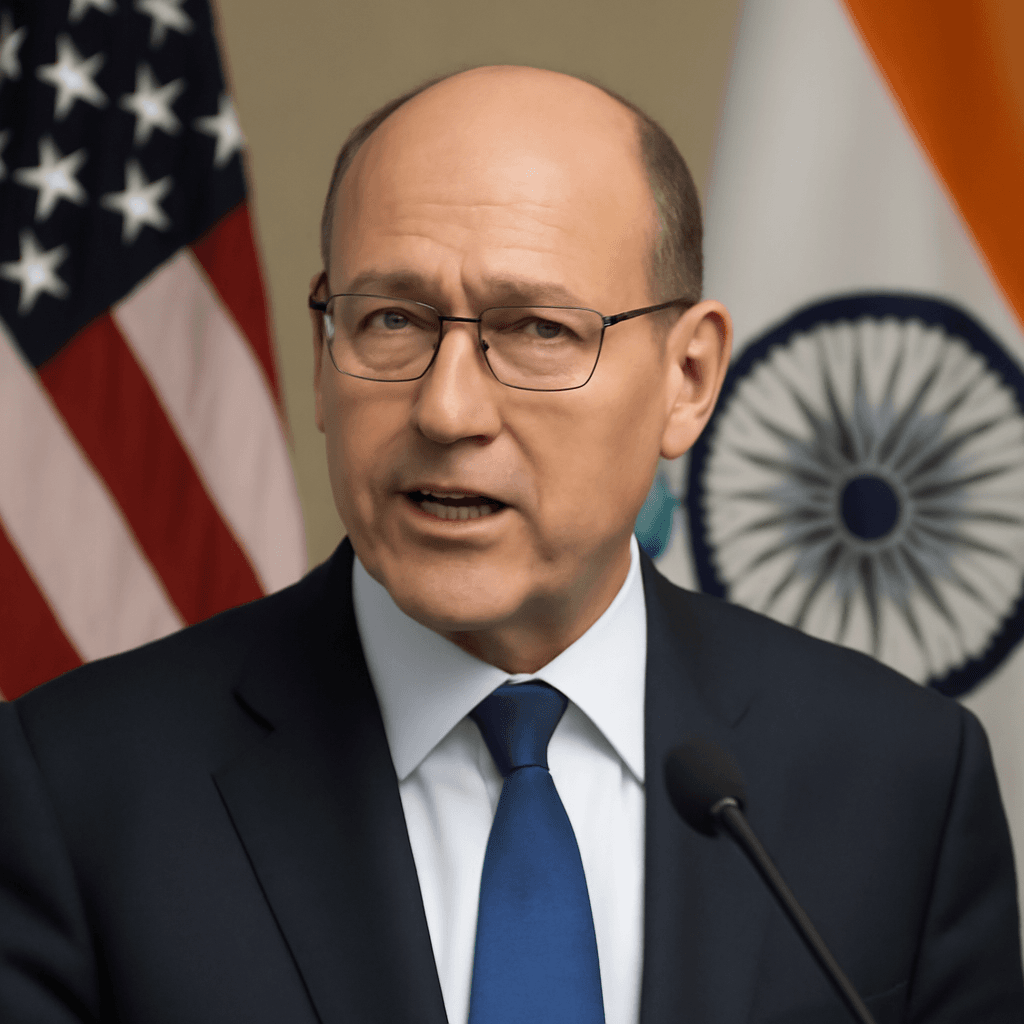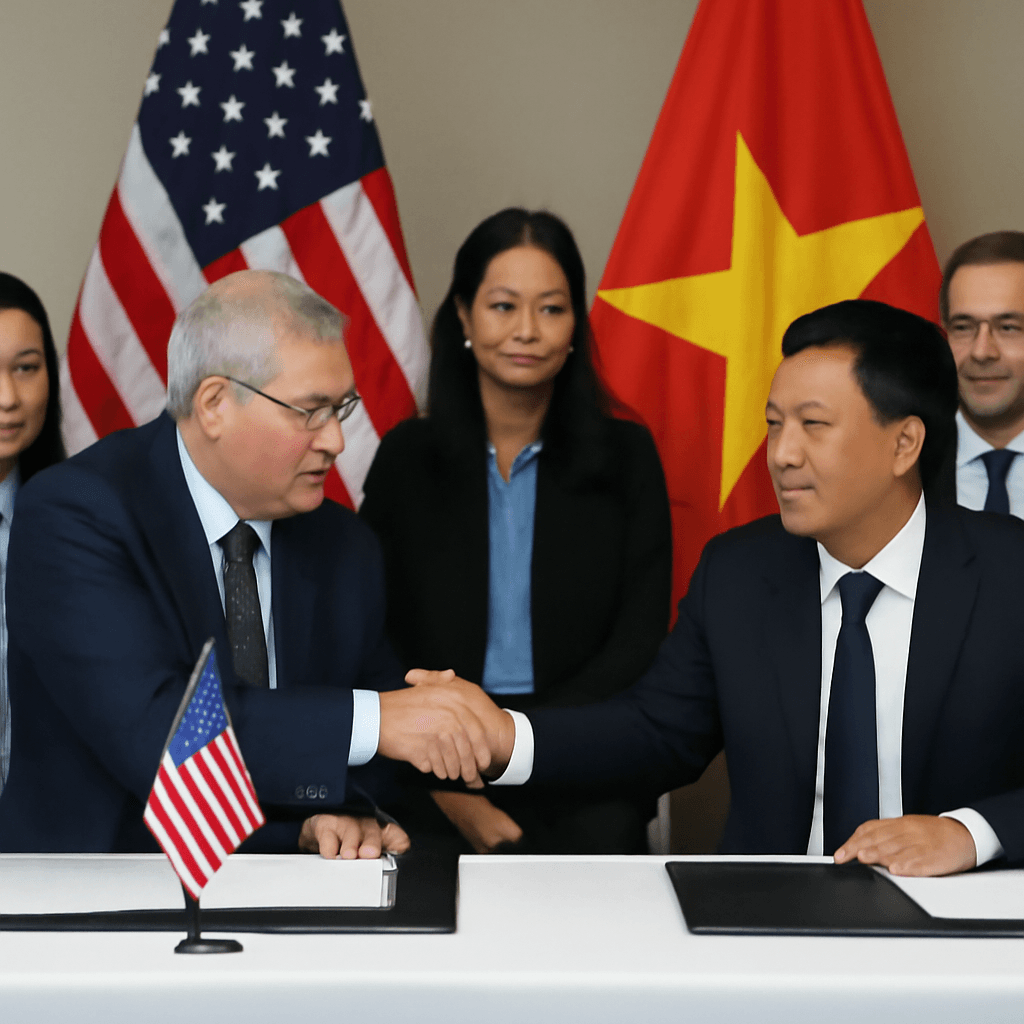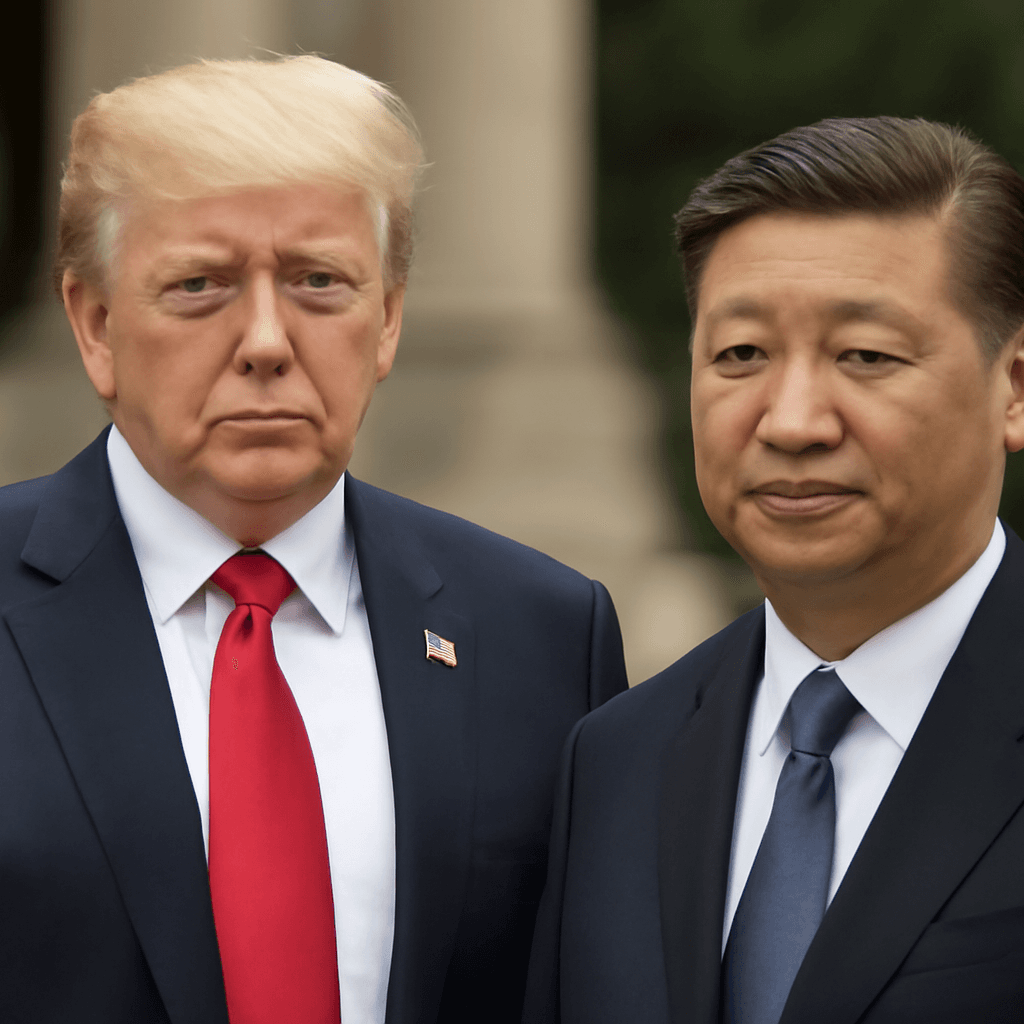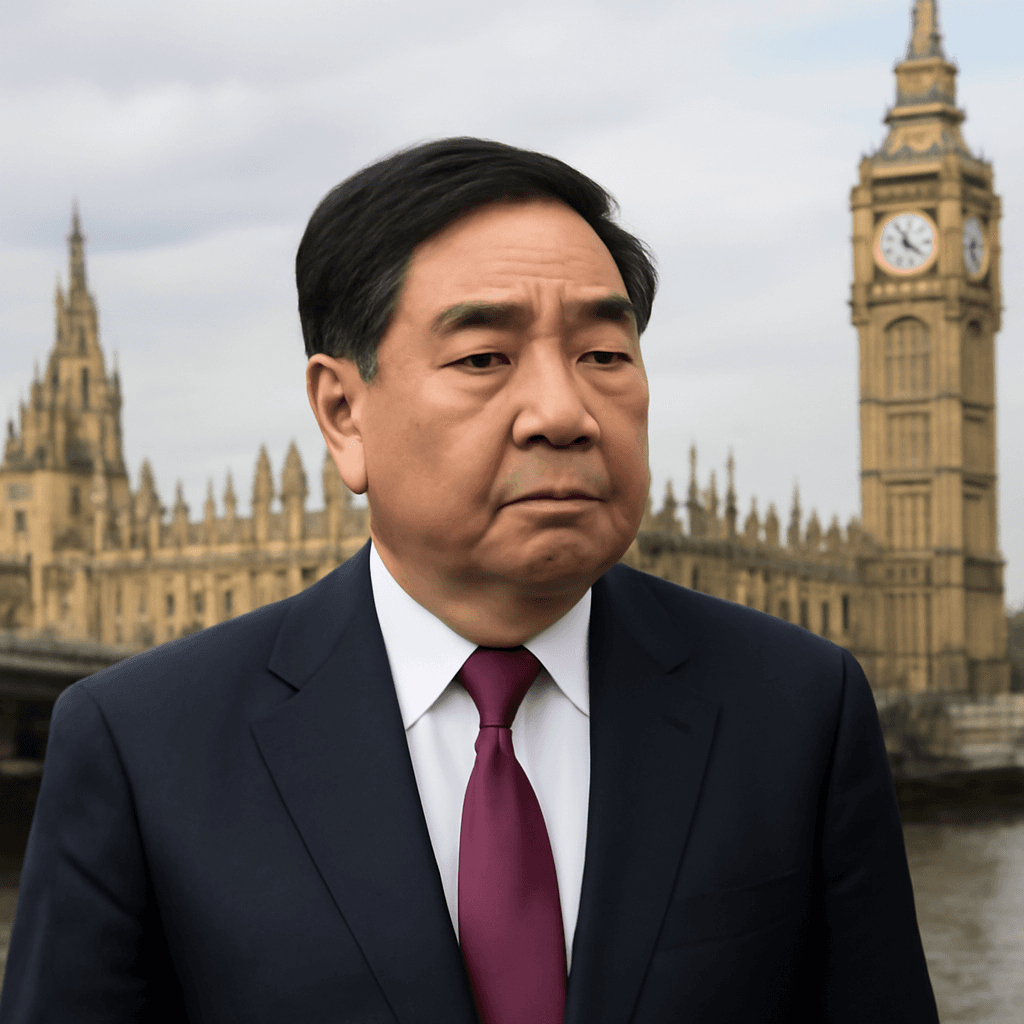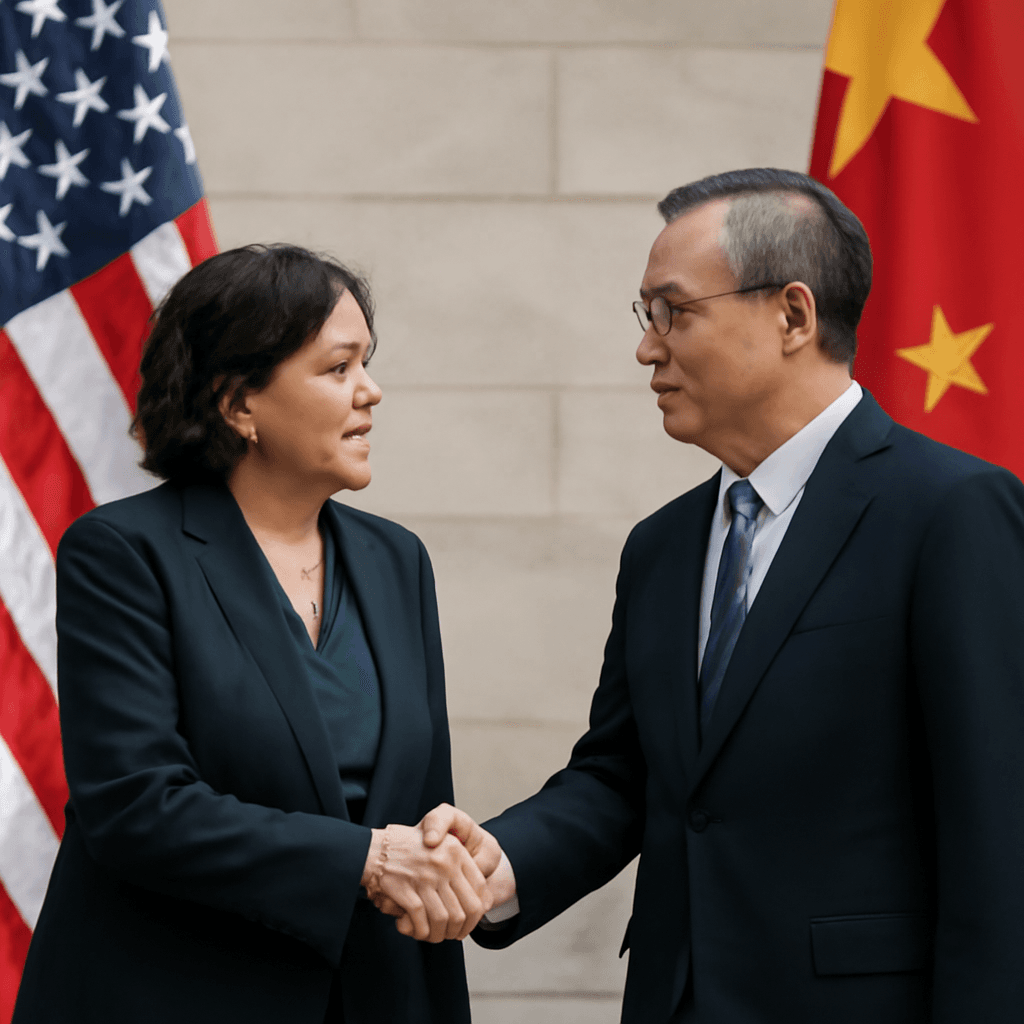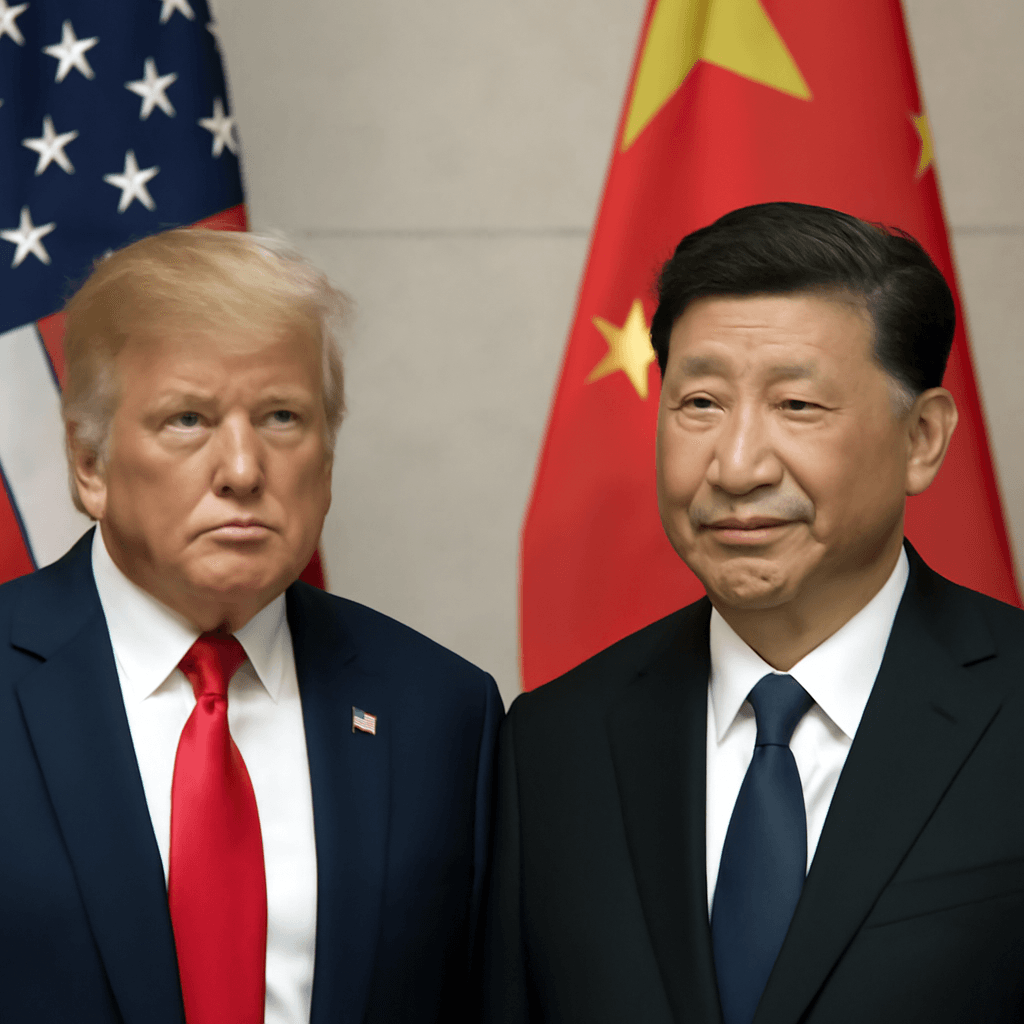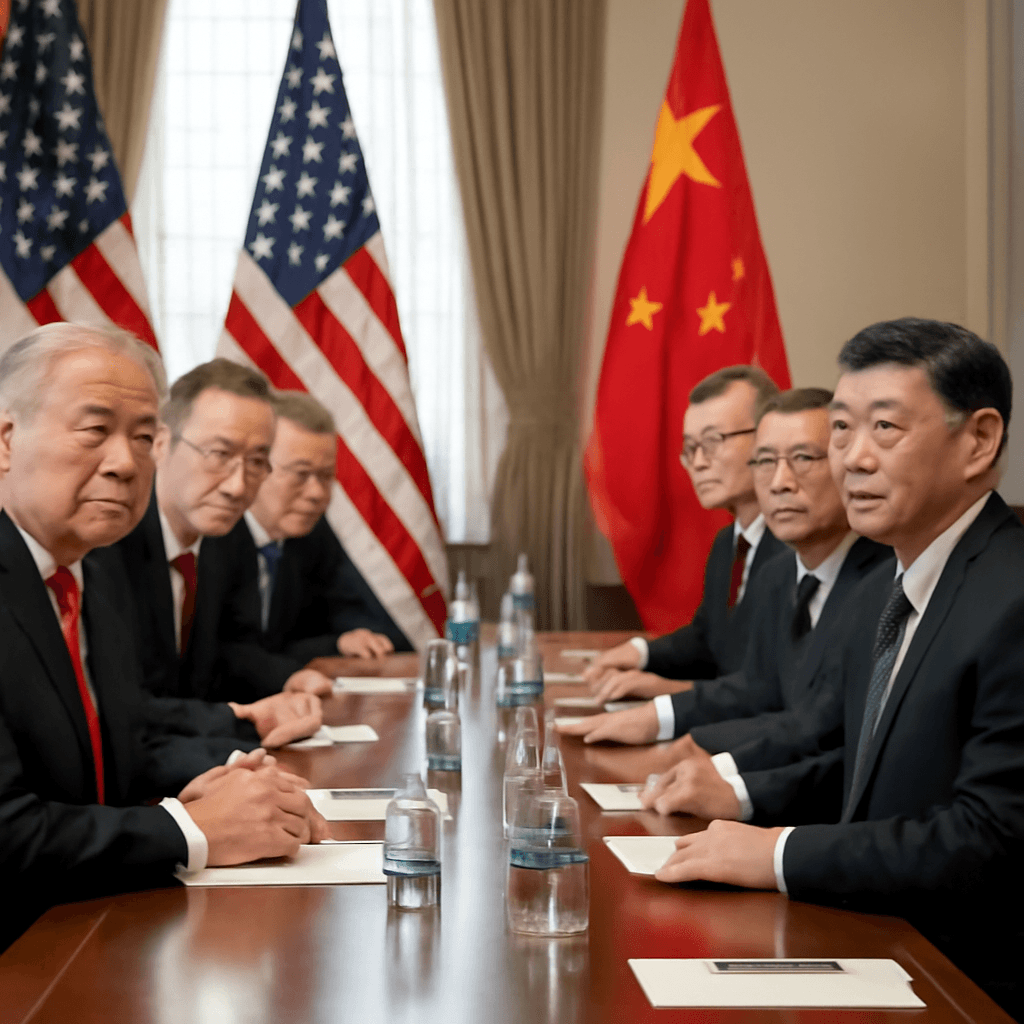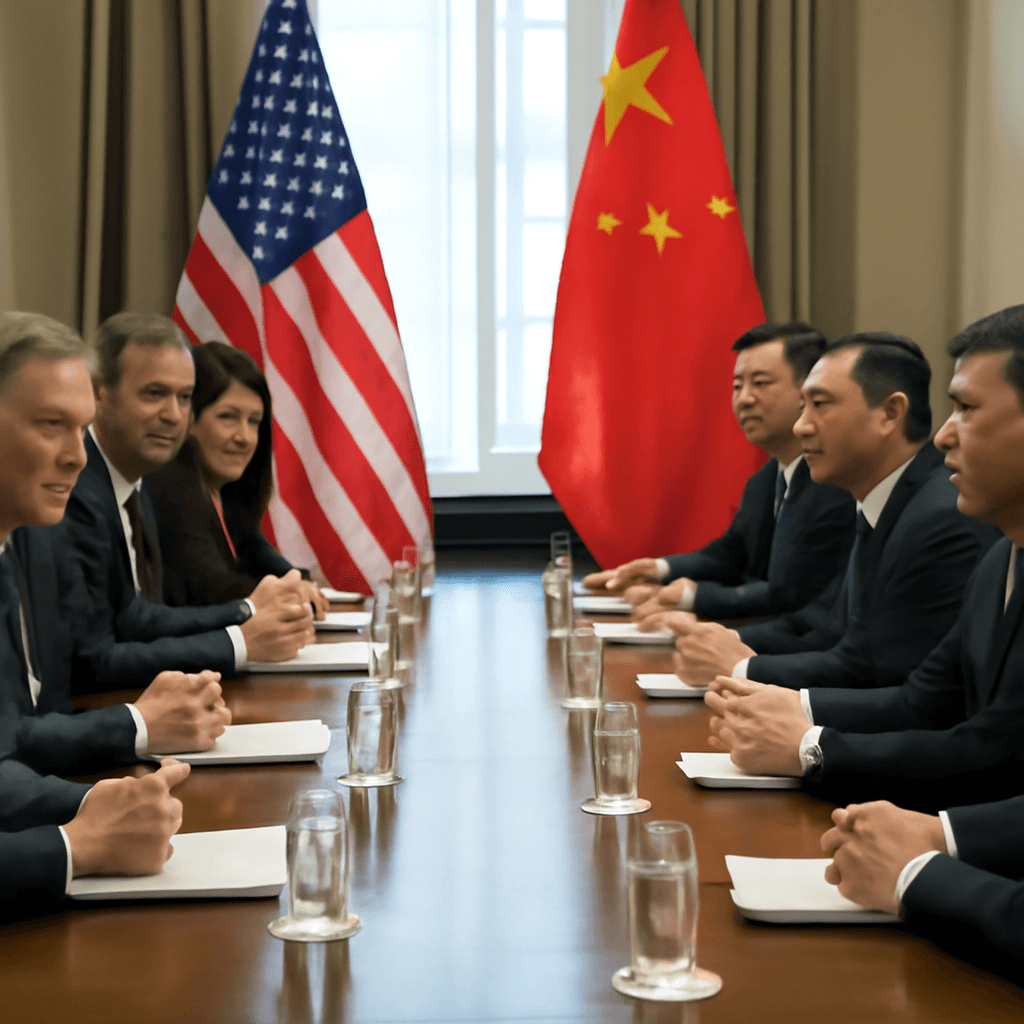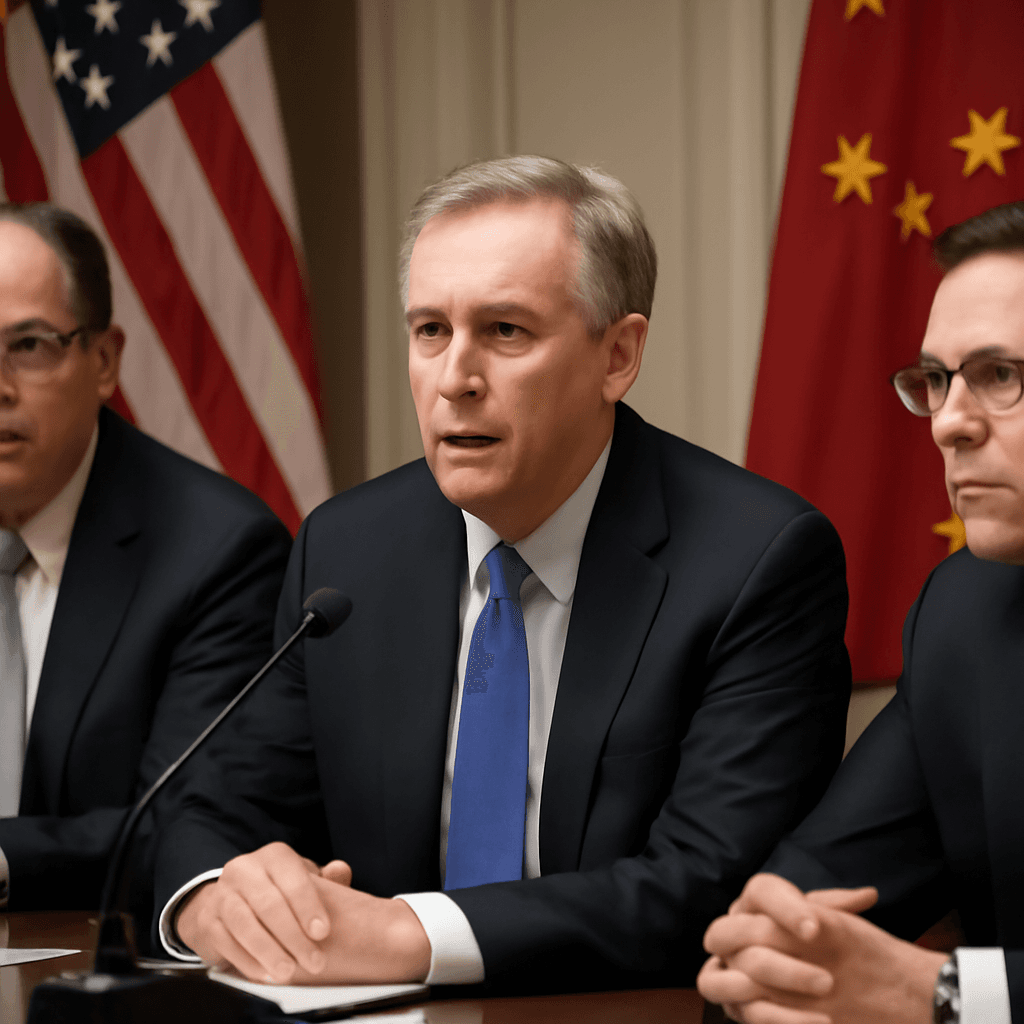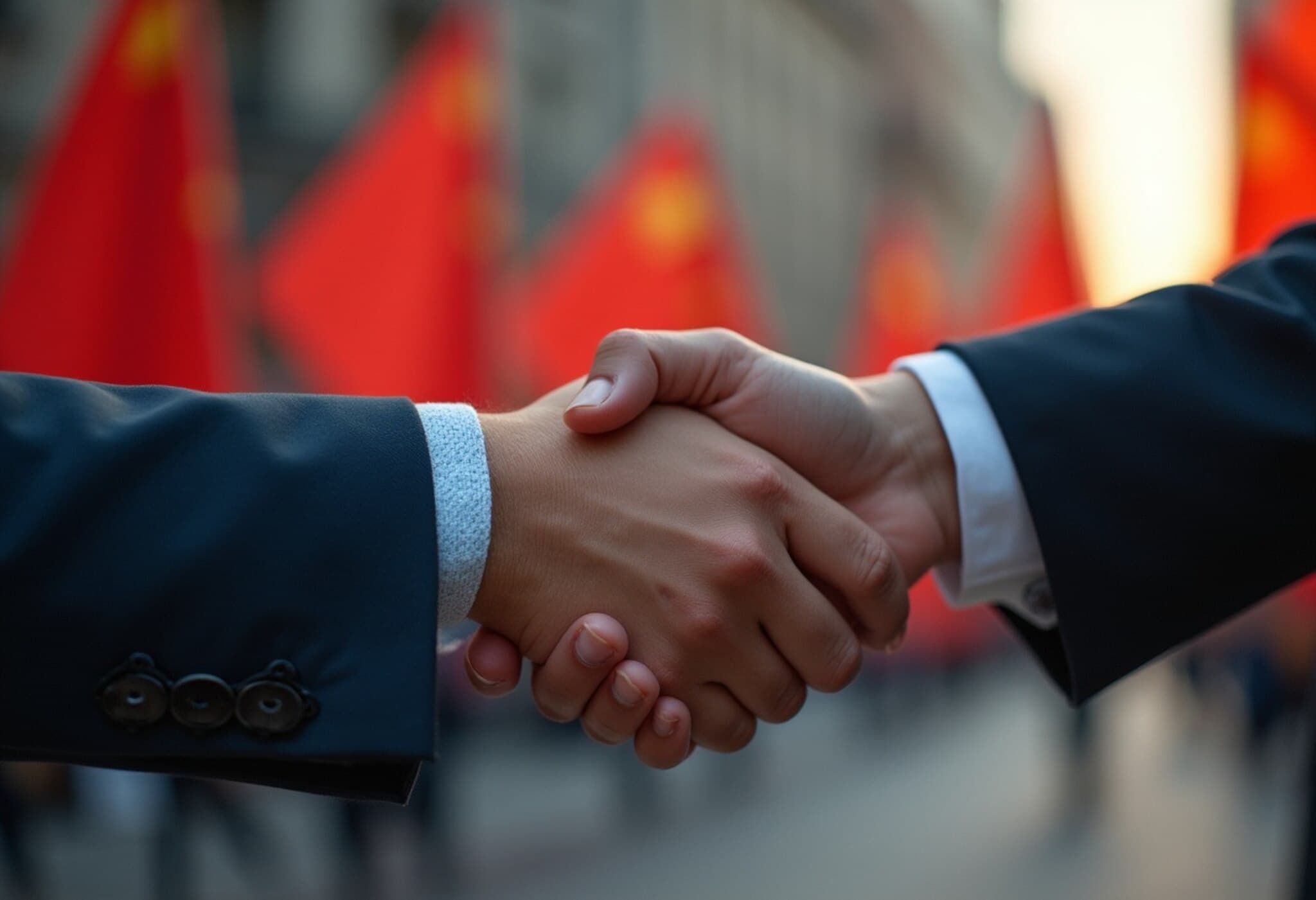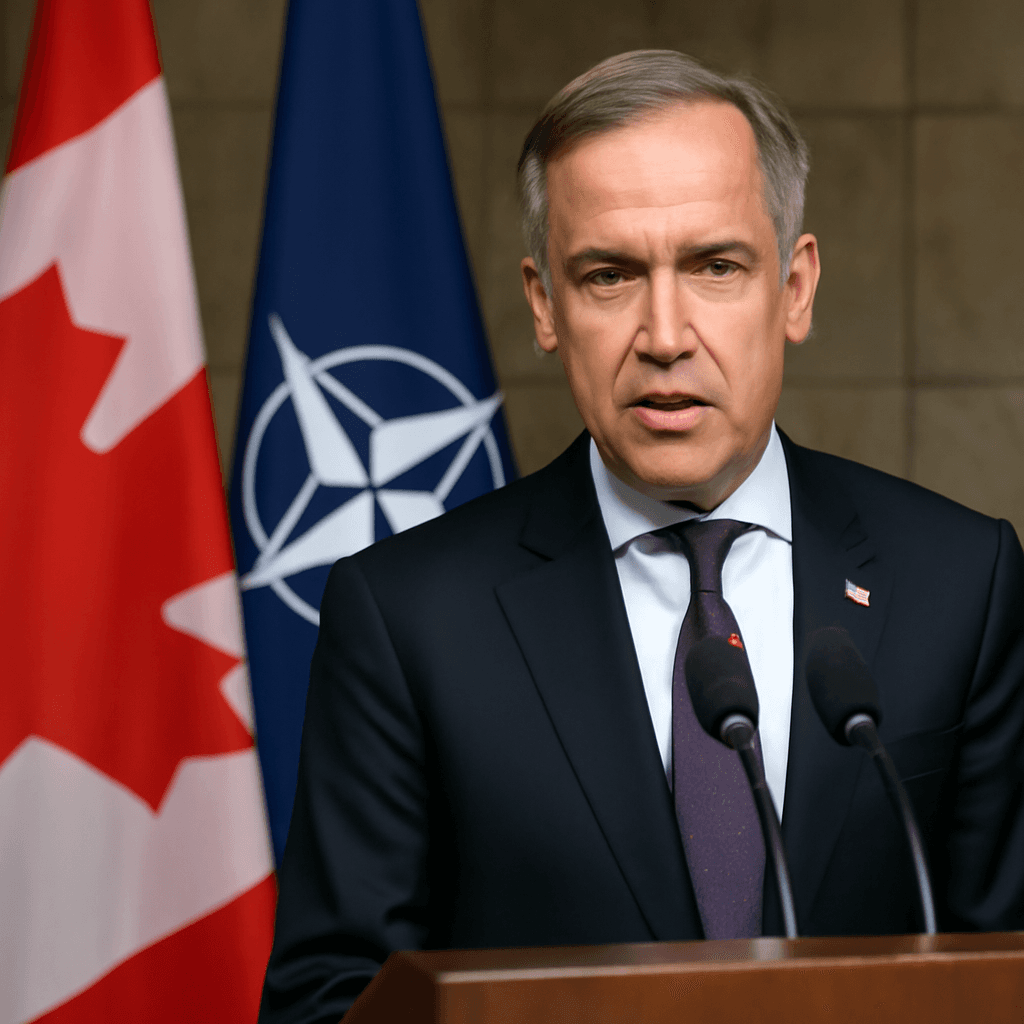US and China Restart Trade Negotiations in London
High-stakes trade talks between the United States and China kicked off in London on Monday, aiming to reinforce a fragile truce amid ongoing tensions that have unsettled global markets. This diplomatic effort comes shortly after a pivotal phone conversation between former President Donald Trump and Chinese President Xi Jinping, signaling both sides’ intent to stabilize economic relations.
Key Players and Negotiation Setting
The Chinese delegation, headed by Vice Premier He Lifeng, convened with top U.S. officials including Commerce Secretary Howard Lutnick, Treasury Secretary Scott Bessent, and Trade Representative Jamieson Greer at a venue provided by the UK government. These discussions follow a series of talks in Geneva last month that paused an escalating tariff war.
A Recent Breather in the Trade War
In mid-May, the two economic giants agreed to suspend the majority of tariffs that had surpassed 100% on many goods exchanged between them. This 90-day pause helped ease fears of a broader recession triggered by their trade conflict. However, the situation remains volatile as subsequent disputes arose over advanced semiconductors crucial for artificial intelligence, rare earth minerals indispensable to various industries, and visa policies affecting Chinese students in the US.
Economic Impact and Stakes
China’s recent trade figures underscore the conflict’s impact, revealing a sharp 35% drop in exports to the US in May compared to last year. Both nations, representing the world’s two largest economies, face considerable pressure to find common ground that can safeguard global economic stability.
UK’s Role: A Neutral Host
While the British government is facilitating the venue and logistical arrangements for these talks, it maintains a hands-off approach regarding the negotiations' substance. Treasury chief Rachel Reeves engaged in bilateral meetings with the key US and Chinese delegates ahead of the talks, reflecting the UK's interest in supporting a peaceful resolution without direct involvement.
A UK government spokesperson emphasized, “We are a nation that champions free trade and have always been clear that a trade war is in nobody’s interests, so we welcome these talks.”
Looking Ahead
As the discussions unfold over the course of at least one day, global observers watch closely for signals of progress or setbacks. The resumption of dialogue between two economic powerhouses not only affects their bilateral relations but also holds significant implications for international trade and economic health worldwide.

